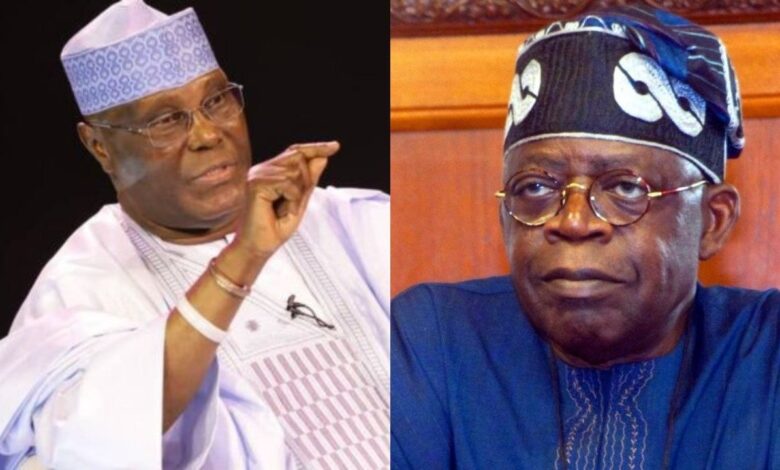Former Vice President Atiku Abubakar and the Peoples Democratic Party (PDP) have dismissed recent endorsements of President Bola Tinubu by All Progressives Congress (APC) governors and stakeholders, describing them as hollow gestures that do not reflect the will of Nigerians.
In separate statements on Sunday, both Atiku and the PDP portrayed the endorsements as evidence of anxiety within the ruling party ahead of the 2027 elections. They pointed to rising public discontent over Tinubu’s leadership, particularly on economic and security fronts.
Atiku’s spokesperson, Mazi Paul Ibe, likened the situation to a well-prepared student confidently awaiting an exam result, insisting the opposition coalition remains composed and ready.
“When you’ve studied hard, you sleep peacefully the night before the exam, confident of your performance. That’s exactly where our coalition stands,” Ibe said. “Nigerians—not political endorsements—will decide the outcome of the next election. These recent moves by the APC are simply signs of panic. Insecurity is worsening, with insurgents reclaiming territory in Borno and beyond. The cost of living is unbearable, and families can’t afford basic needs like food, healthcare, or education. Yet, instead of addressing these real issues, the government is playing politics.”
Ibe further alleged that the Tinubu administration is using anti-corruption agencies as tools to pressure opposition figures into defecting to the APC.
“These defections aren’t based on principle or belief in the APC. Political actors are being coerced. Many are being threatened with corruption charges stemming from their time in office—both under previous and current administrations. They’re essentially being blackmailed into switching parties. This has happened in places like Delta State. Even the so-called ‘silent bombshells’ are rooted in past crimes being used as leverage to force defections.”
PDP’s National Organising Secretary, Alhaji Umar Bature, echoed the sentiment, saying endorsements have little bearing on electoral outcomes. He cited the example of former President Goodluck Jonathan, who secured the backing of 21 governors in 2014 but still lost the election.
“Tinubu may have 22 endorsements, but that means nothing. What matters is governance—whether or not you’ve delivered for the people. Endorsements are surface-level optics. Politicians often resort to them when they sense they’ve lost public support,” Bature said.
He also downplayed any internal party tensions, stating: “There’s no crisis. Members have the right to express their opinions. If someone chooses to leave the party, so be it. Time will reveal the truth. These things often sort themselves out.”



